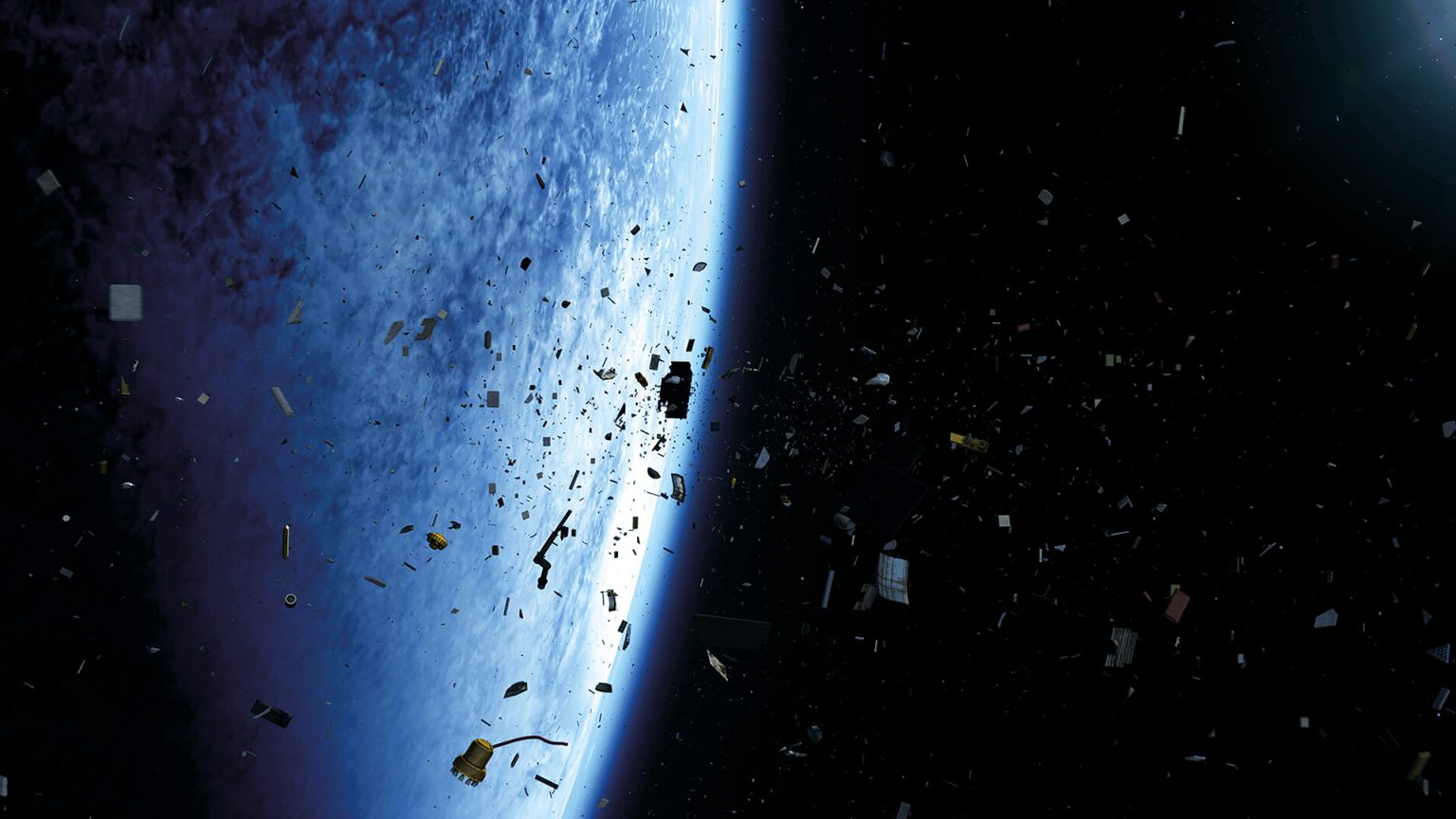More satellites were launched during the last few years than during the whole six decades of space exploration. Over 100 million pieces of space debris larger than one millimeter are orbiting Earth, threatening satellites now and in the future. As a result, once a week a satellite or rocket makes an uncontrolled reentry into our atmosphere. The way in which we behave in space needs to change.
After a decade of work carried out by the European Space Agency (ESA) as a whole, the agency has introduced its own daring internal standard to significantly limit the production of waste in Earth and Moon orbits by 2030 in all of its future missions, programs and activities.
But space exploration is a global effort that benefits humanity as a whole, and long-term sustainability in space will require action and change by everyone. ESA is enacting a Zero Debris Charter: a global initiative for all space organizations to sign and to follow toward the shared goal of a Zero Debris future.
After months of a collective, intense and fast-paced effort, ESA has gone a step further and introduced a “Zero Debris” outlook to foster a total commitment to keep space clean.





